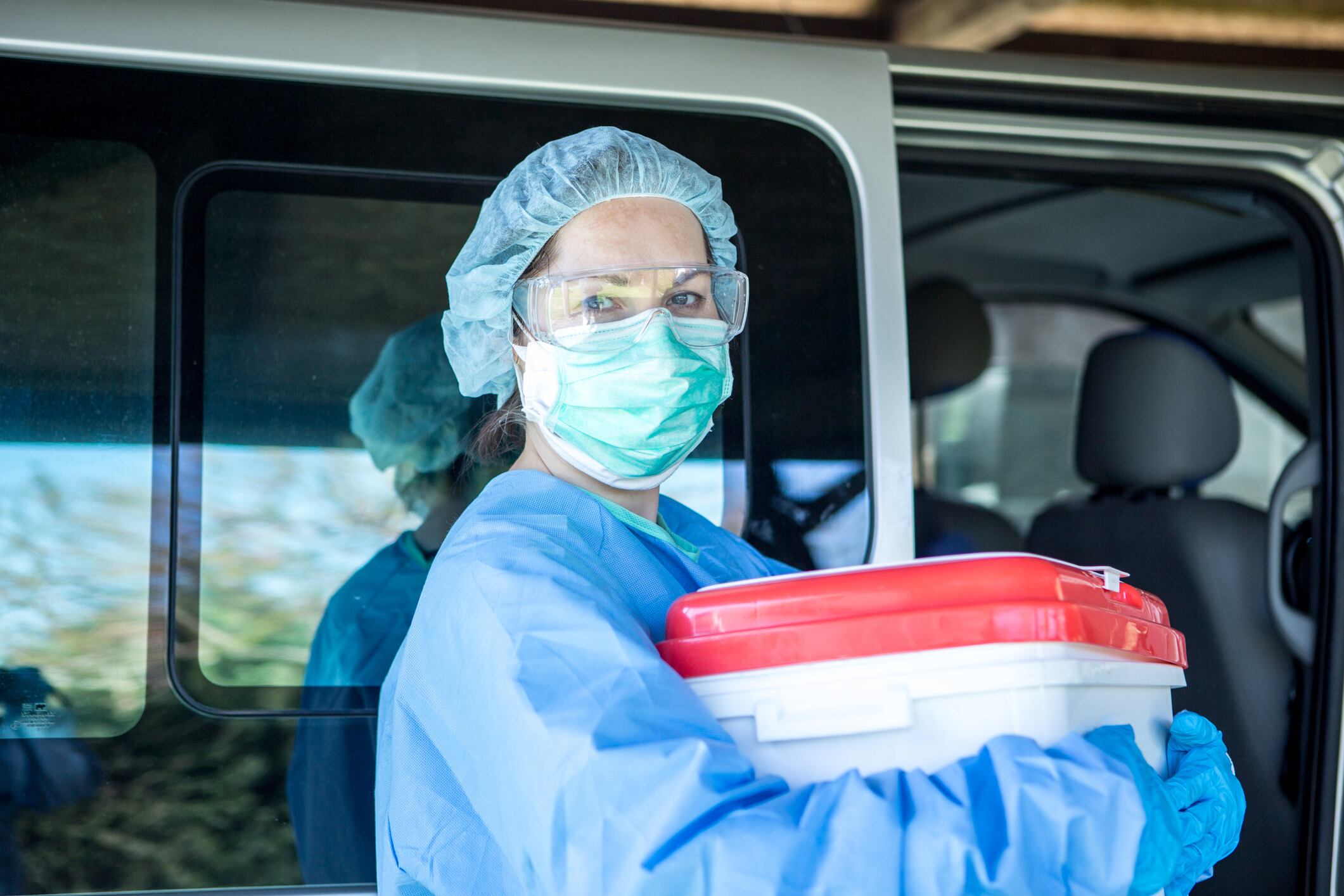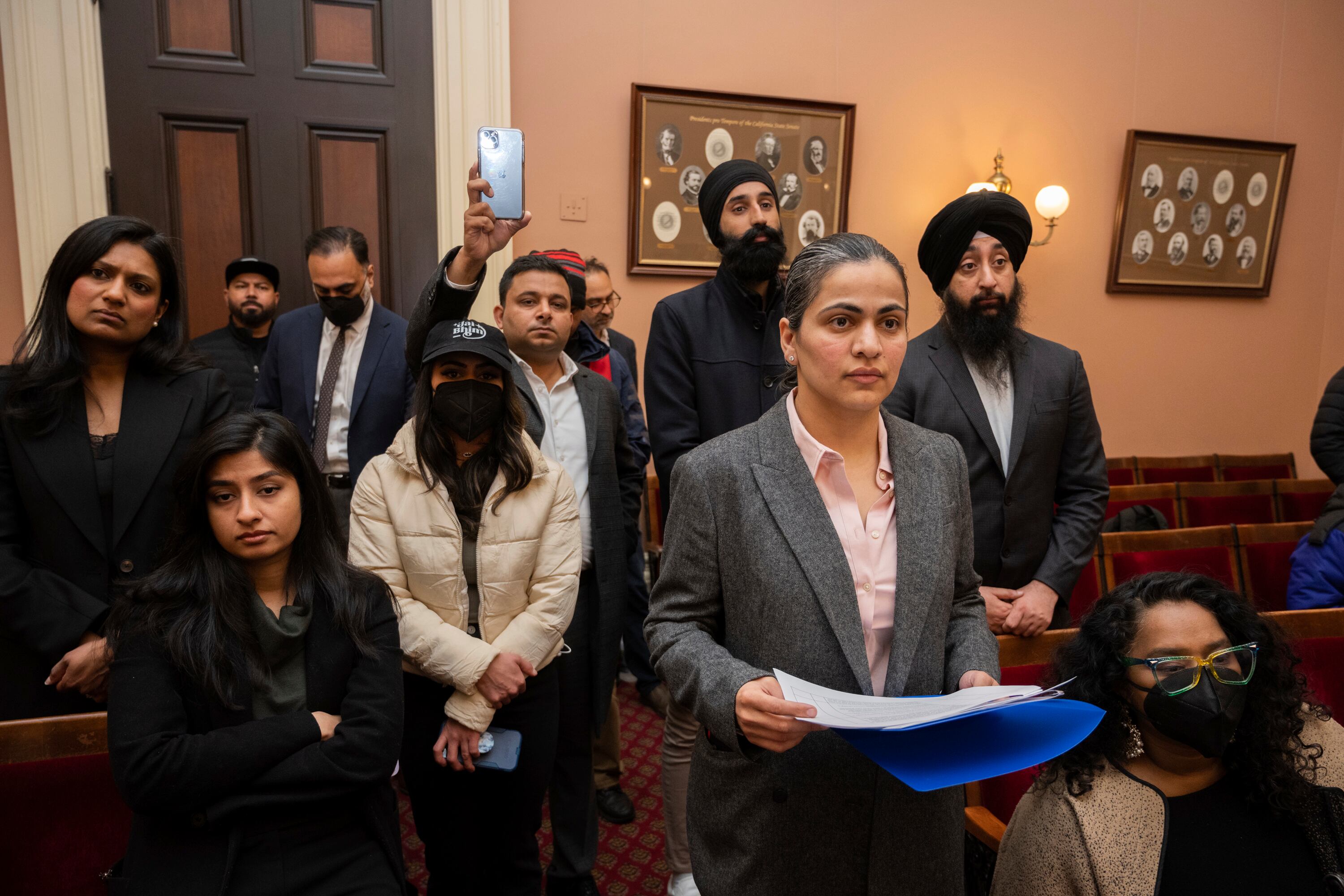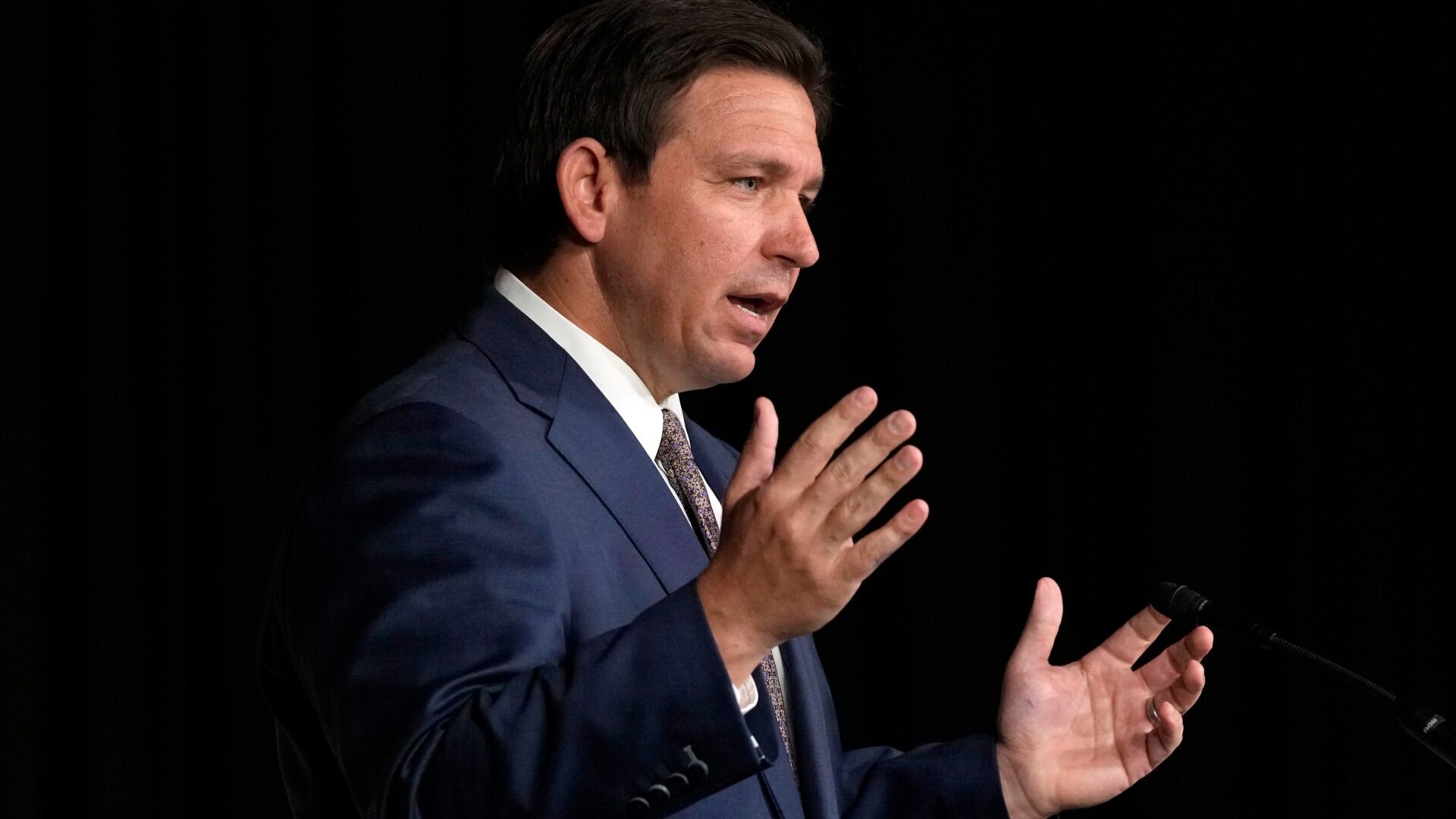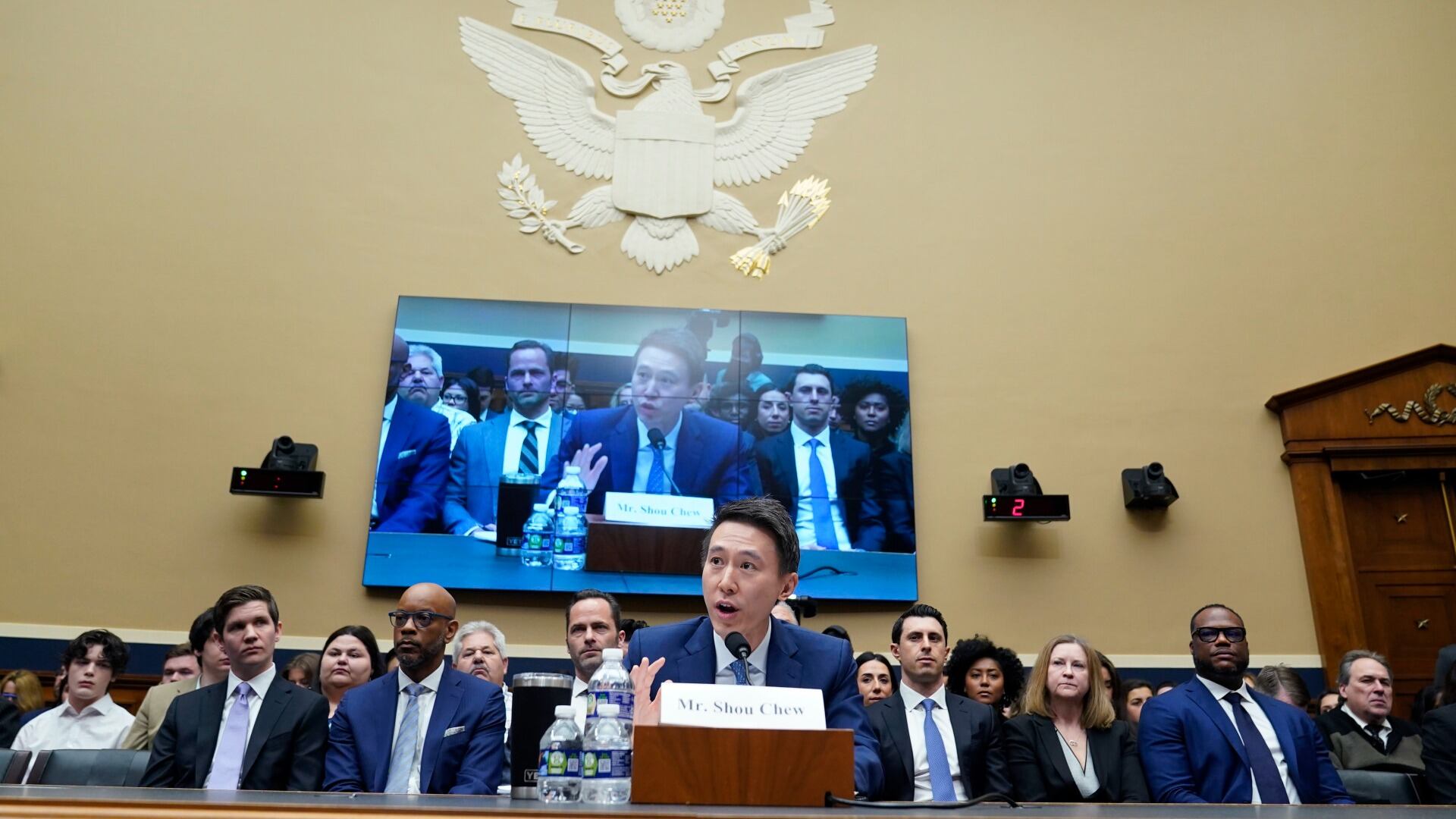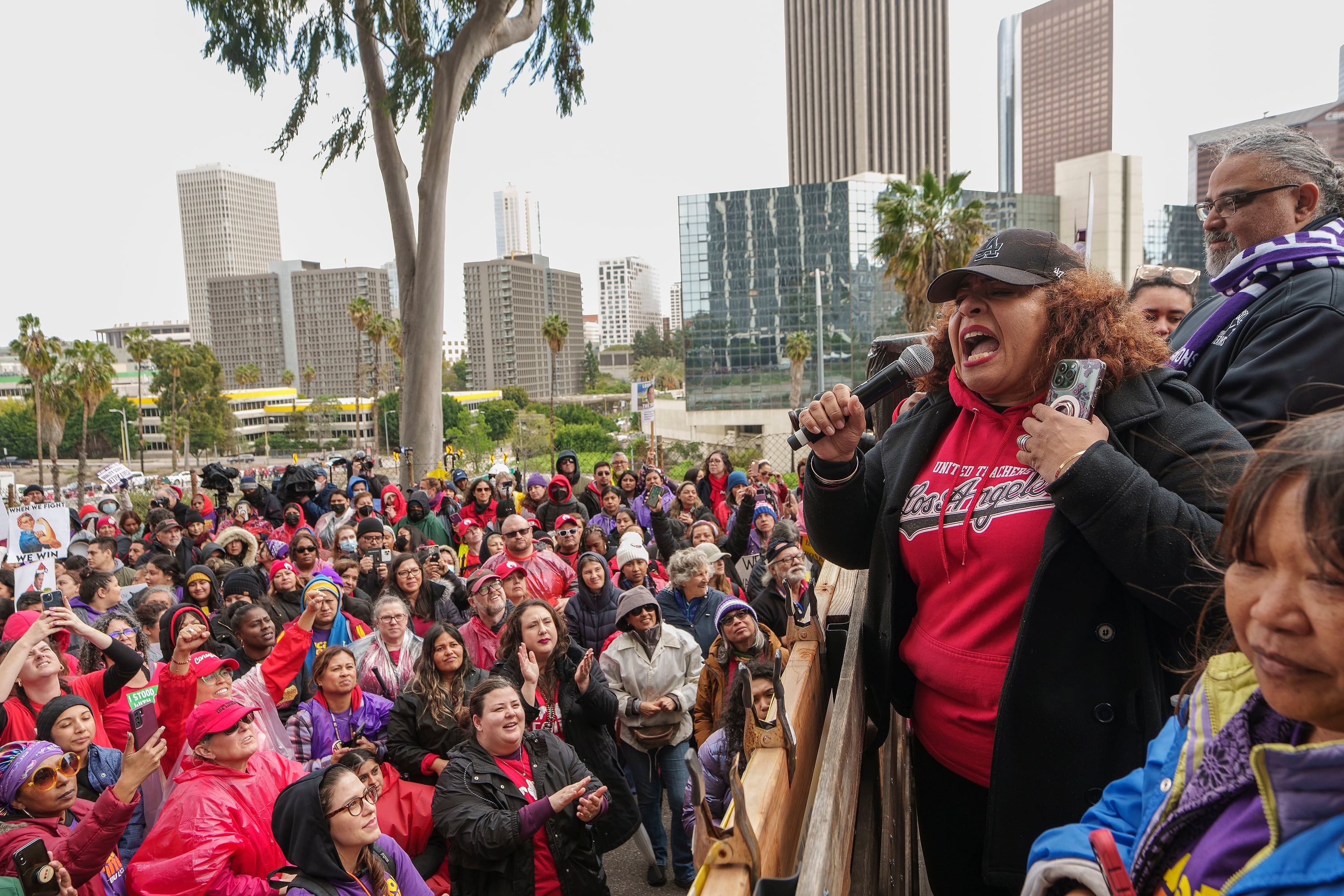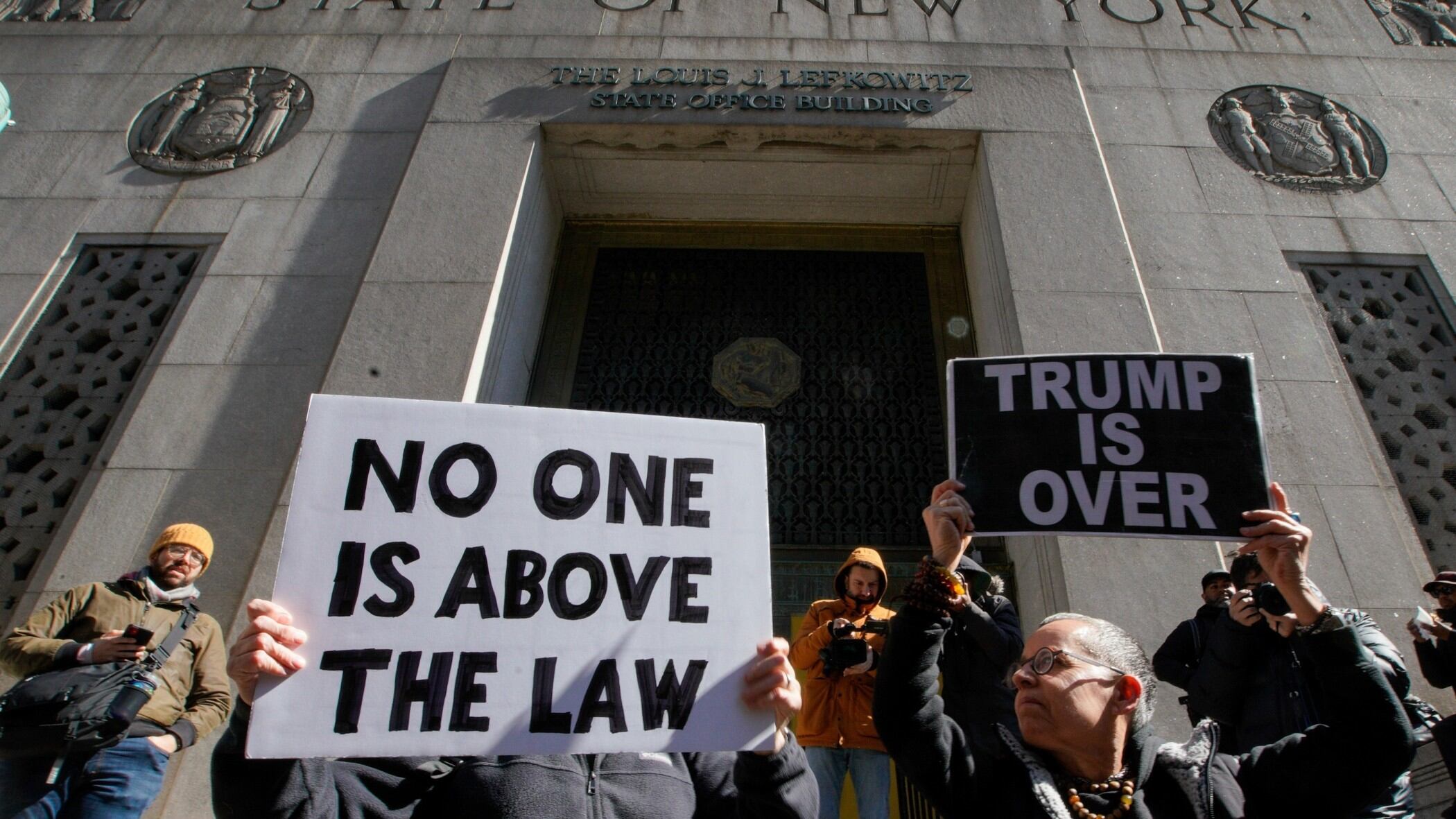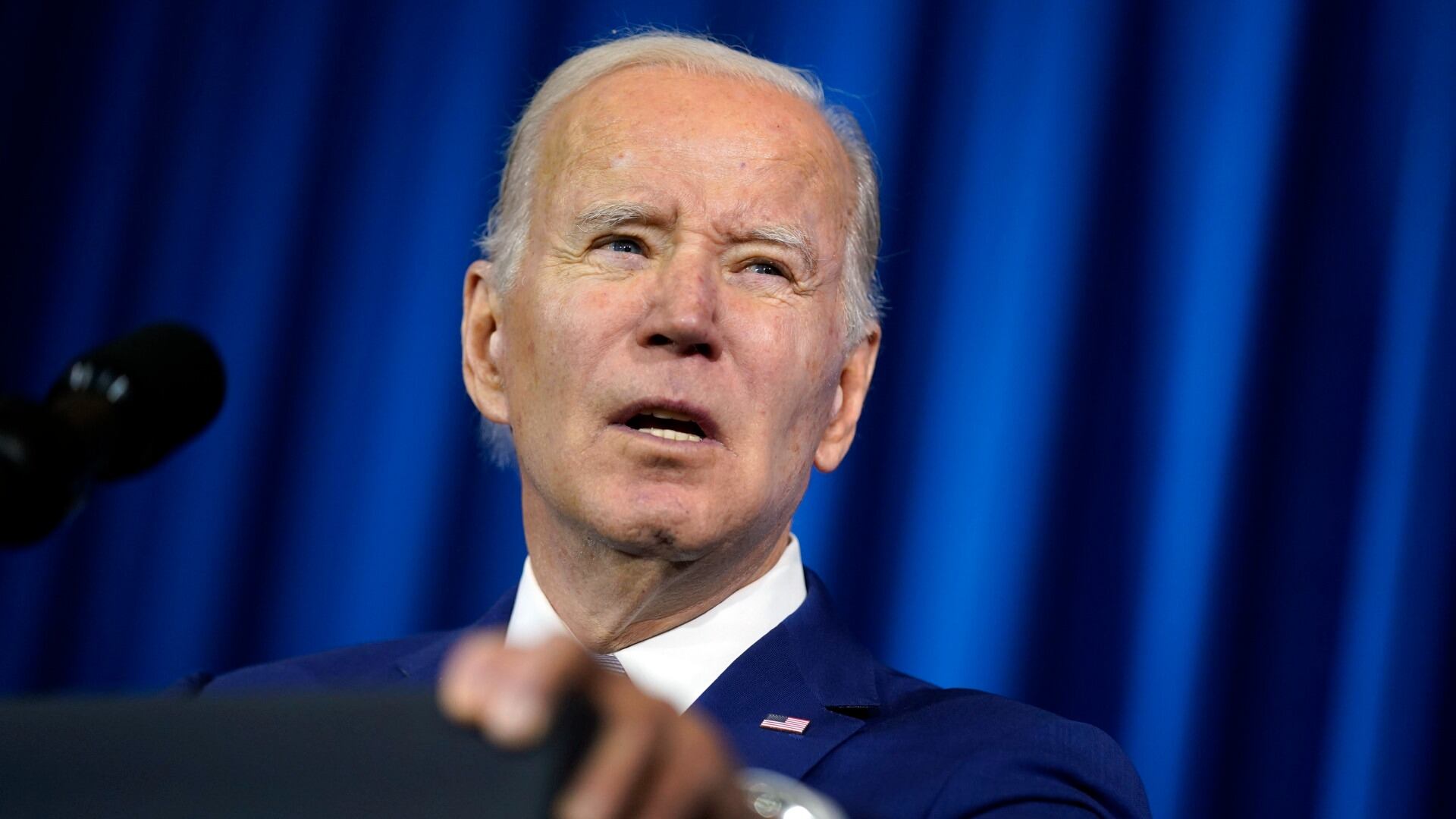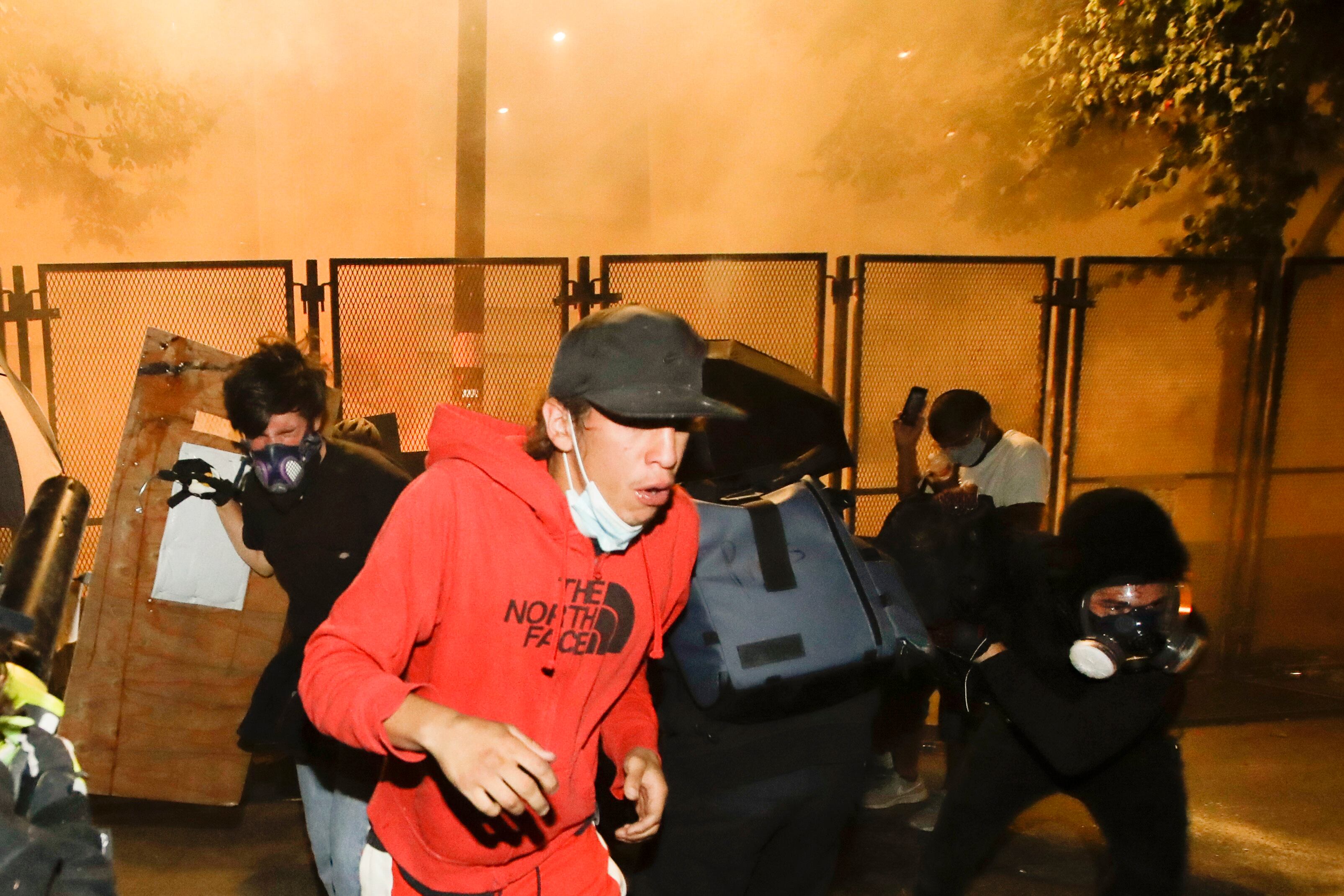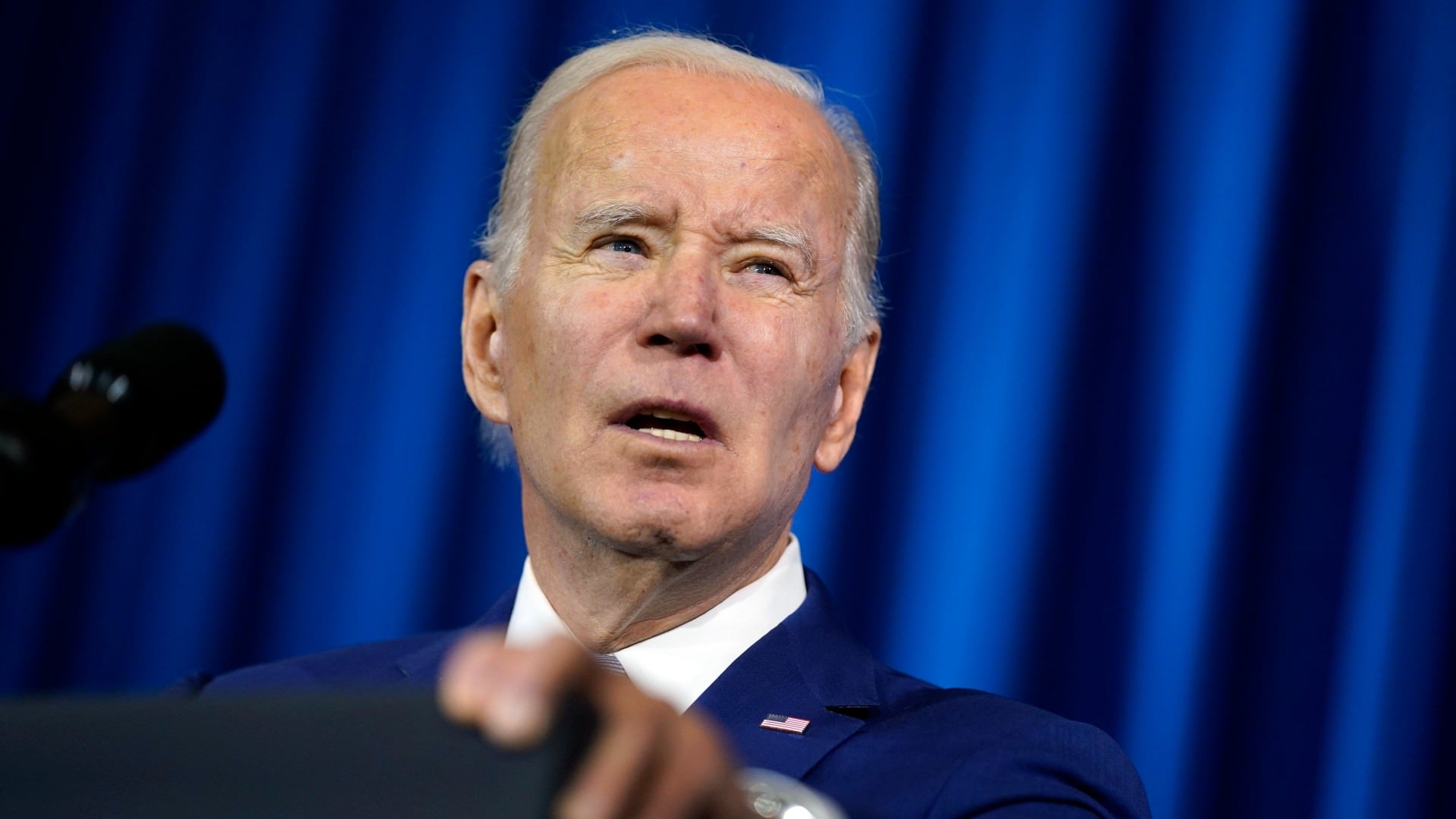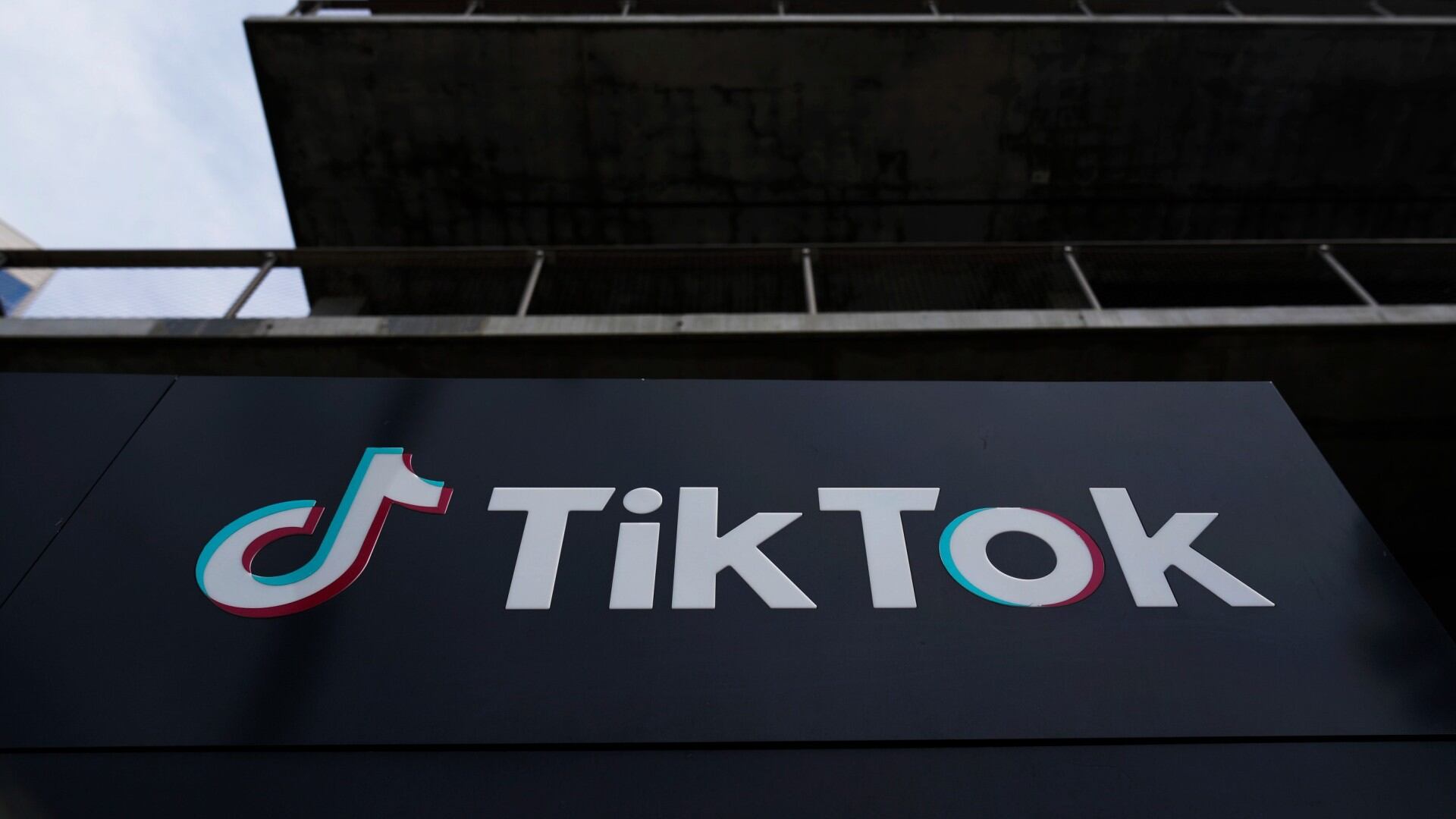On Monday, President Donald Trump said during a press conference that he had been taking the anti-malarial drug hydroxychloroquine as unproven protection against COVID-19. The fallout has left health experts scrambling again to explain that the drug has not been shown to work against the novel coronavirus — and that it can have dangerous side effects.
While the drug is approved by the FDA for certain illnesses such as malaria, lupus, and rheumatoid arthritis, Dr. Leana Wen, an emergency physician and visiting public health professor at George Washington University, told Cheddar that only patients with those particular diseases or those in approved clinical trials for COVID-19 should be on the controversial treatment.
"We have to remember that this medication, just like all others, has potential side effects," Dr. Wen said. The physician listed potential reactions including psychosis, hallucinations, liver damage, heart damage, and even death from cardiac arrhythmia (an abnormal heart rhythm).
She also noted that, while Trump's age and medical history put him in the demographic most vulnerable to COVID-19 and among those who may need to worry about the cardiac effect of the drug, he has still had interactions with people who have tested positive for the virus. That could have led to White House physician Dr. Sean Conley signing off on the course of treatment he alluded to in a statement to the press, said Wen, although she questioned some of the other prevention choices the president and his administration have made. "If they are so concerned that he had exposure to COVID-19, why is he still around so many people wearing no mask, and instead of being in quarantine?"
"What the president is saying is, frankly, irresponsible because there are many people around the country for whom he is the most credible messenger," Wen said. "I really fear that they're now going to go out and ask their doctors for hydroxychloroquine."
According to the doctor, after previous statements by the president regarding the anti-malaria treatment, prescriptions greatly increased around the nation. The run on the drug made it difficult for patients with conditions like lupus and arthritis to acquire necessary prescriptions.
"I just really worry that there could be real harm to patients across the country and that some patients may get the false reassurance. They may think that this drug may prevent them from getting COVID-19 when that is not proven in way, shape, or form," she said.
Wen pleaded for people to listen to medical professionals and to avoid taking advice from "non-doctors." With no confirmed treatment or vaccine, she emphasized that wearing masks, social distancing, and good hand and face hygiene are still the best ways to defend against the novel coronavirus.
"This is a time in a pandemic when there is so much misinformation, inaccurate information," she stated. "And we need the president of our country to be standing up and debunking these myths, not adding to them."
